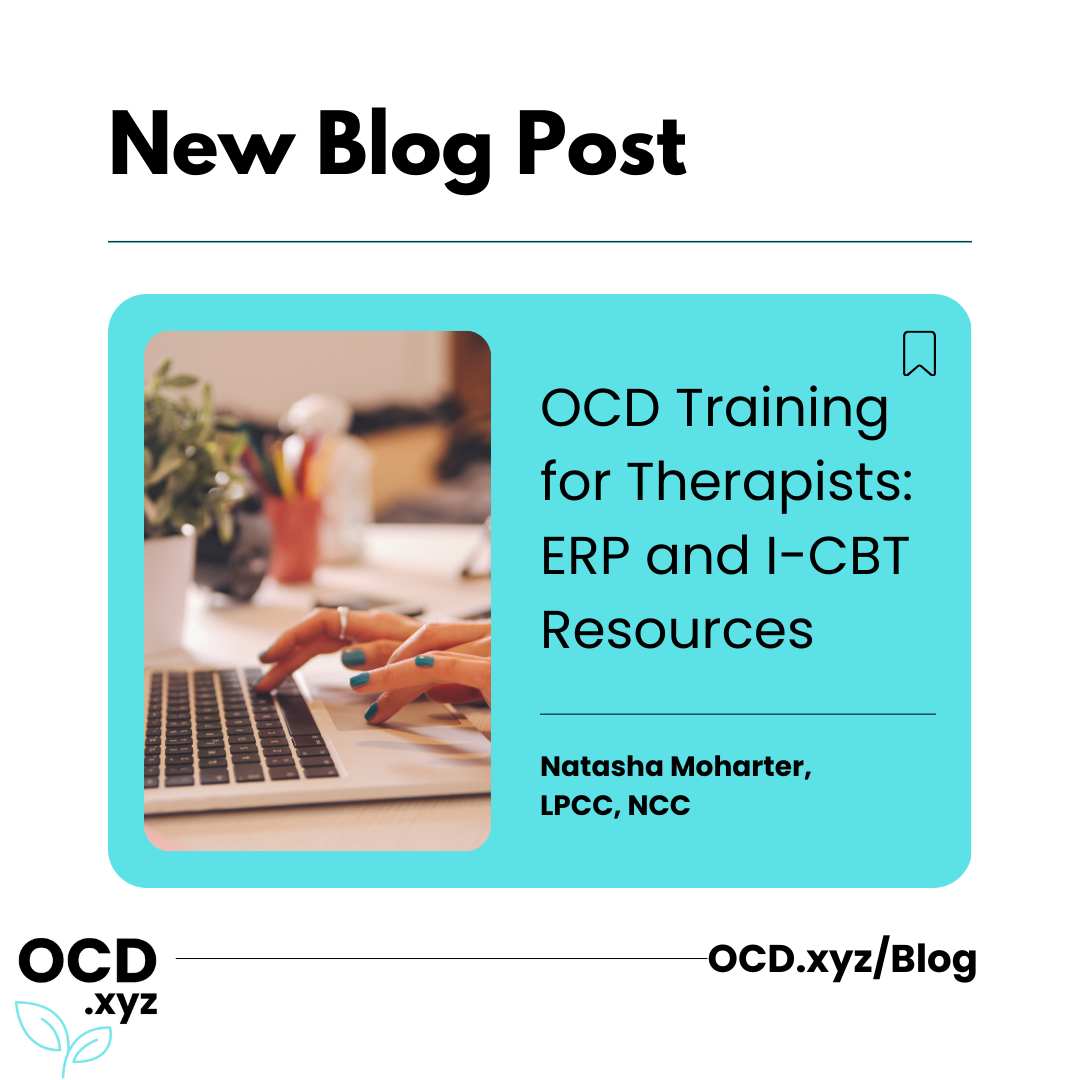







Finding Hope: OCD, Suicide Awareness, and the Power of Effective Treatment
As Suicide Awareness Month comes to a close, we’re reflecting on what we’ve learned about Harm OCD, suicide risk, and the importance of hope. Intrusive thoughts don’t define you—and with effective treatment like ERP and ACT, healing is possible.

Treatment for Harm OCD vs. Suicidal Ideation: Why It’s Different
Treatment for Harm OCD and suicidal ideation looks very different—but both bring hope when addressed properly. This post explores how ERP helps people with Harm OCD, what suicide-focused treatment involves, and why clarity matters when the two overlap. With the right care, recovery is possible.

Harm OCD vs. Suicidal and Homicidal Ideation: Why the Difference Matters
On the surface, intrusive Harm OCD thoughts can look like suicidal or violent thoughts—but they are not the same. This post explains the difference between ego-dystonic OCD thoughts and genuine intent, why misdiagnosis is common, and why clarity matters for both safety and treatment.

OCD and Suicide Risk: What the Research Tells Us
Research shows people with OCD are at a greater risk of suicide, especially when symptoms involve taboo or distressing thoughts. This can feel scary to hear, but awareness is the first step toward safety and hope. In this post, we look at the research, risk factors, and why treatment like ERP can make such a difference.

Understanding Harm OCD: Symptoms, Fears, and Triggers
Harm OCD involves intrusive, unwanted thoughts about causing harm or harm coming to yourself, others, or even pets. These thoughts are ego-dystonic—meaning they go against who you are and what you value. In this post, we explore common fears and triggers, and why Harm OCD is very different from actual intent.


What Is OCD? Understanding Obsessive-Compulsive Disorder
An overview about OCD, its treatment approaches, and more



OCD vs. Generalized Anxiety Disorder: Understanding the Differences for Better Treatment
Learn the differences between OCD and Generalized Anxiety Disorder (GAD), including symptoms, comorbidity, and treatment approaches. Discover why accurate diagnosis is crucial for effective management.

Exposure and Response Prevention (ERP) Therapy for Obsessive Compulsive Disorder (OCD)
Exposure and Response Prevention (ERP) therapy for OCD

Medicines for OCD Treatment
When it comes to treating OCD, medication can be an essential part of the equation. However, finding the right medication often requires time, patience, and close monitoring with your doctor. In this blog post, we explore the key considerations when using medication to manage OCD, from medication choices and side effects to understanding risks and potential interactions with other substances. We also discuss how to safely stop medication if necessary, ensuring you have all the information needed to make the best decisions for your mental health.
Read the full post to learn more about how to navigate the complex world of OCD medication and find a treatment plan that works for you.

Relationship Obsessive Compulsive Disorder Treatment
Relationship OCD (ROCD) causes intrusive doubts and anxiety about your relationship, making you question your feelings and seek reassurance. Learn how ERP therapy can help break the cycle.

